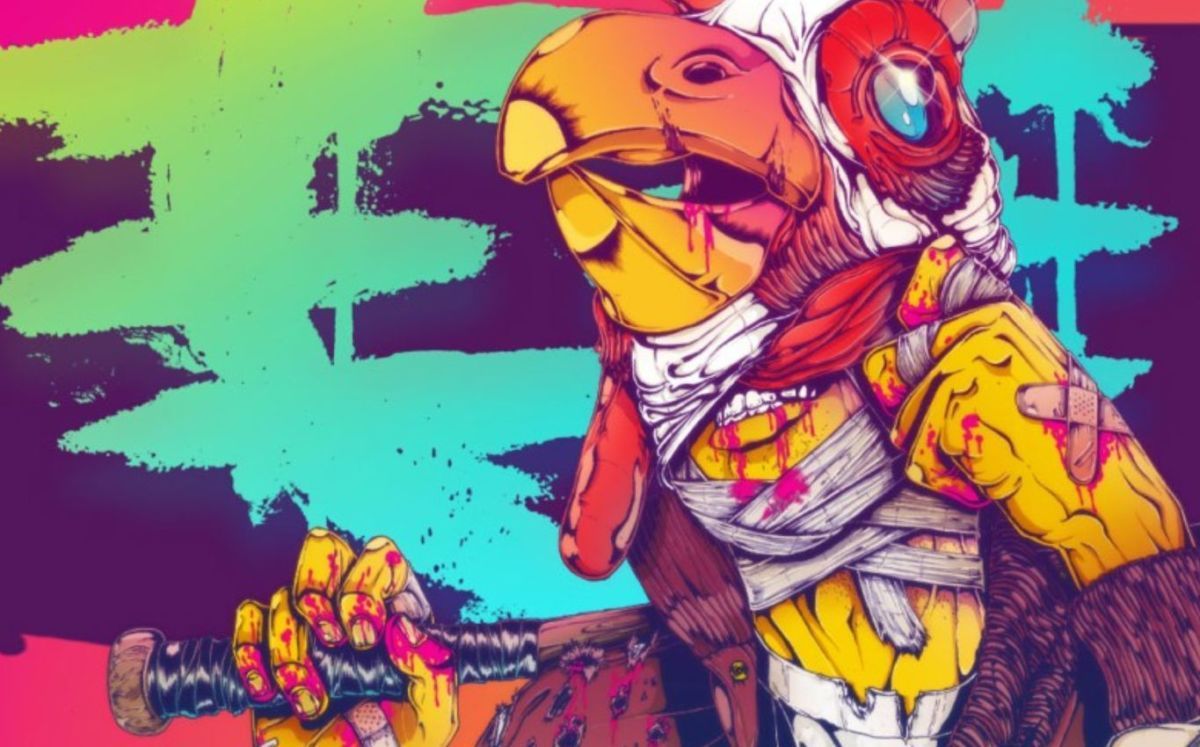
I’ve beaten SUPERHOT but I still feel compelled to return to its combat-puzzles, so much so that I’ve put more time into the latter than the former. I’ve beaten Hotline Miami, and I feel like I’ve gotten the most out of that game. The upside is that difference: The “slowed action games” become way more addictive. I think that these “slowed action games” are still exciting, just not in the same way as their real-time peers. That might sound like a negative, but I don’t mean to demean one kind of game in favor of another, just to suss out the advantages and disadvantages of each genre. That means that no matter how many bullets and bodies and blood such games throw at us, they’ll never evoke that same kind of physical reaction - that exhaustion felt on playing the faster paced version. The violence becomes less visceral and more intellectual. Death is no longer a surprise gut punch, but a train wreck that we see long in advance. I (and others) have said before that slow-motion makes an action game into more of a puzzle game, but what’s interesting is that this change in genre affects our emotional reaction to the action. It’s no longer a game of physical skill, of acting and reacting faster than the AI, but of mental skill, of keeping track of multiple things at once. Slow-motion changes the emphasis of the action.

Both games are tense and exciting and cool and fun, but one leaves you strung out, while the other leaves you focused and ready for more. That’s the key difference between Hotline Miami and SUPERHOTline Miami. Some levels open with you facing down a swarm of bullets that you must “Matrix” your way through, but its difficulty is never exhausting. That is not to say that the game is easy. The difference here is that even when you’re unarmed you’re not fighting from a position of weakness. You can see bullets coming and dodge them you can take in your surroundings and notice that guy trying to flank you and you can aim carefully and make every shot a kill shot. The difference here is that now, with the action slowed down, you’re actually faster and smarter than all of them. In SUPERHOTLine Miami you’re, once again, often required to kill dozens of men per level, most of them armed with better weapons than you, and all of whom are fast and capable fighters that will attack you on sight with a single-mindedness and a total disregard for their own safety. There will inevitably be a moment when you stop, drop your hands from the mouse and keyboard, lean back, and breathe out the stress of the previous level. Maybe we were a nanosecond too slow to click the mouse and our head was caved in with a crowbar. Death comes suddenly and shockingly, like a surprise gut punch.


However, even if we’ve got a good plan, executing that plan is its own challenge. Perhaps, pick up a different weapon, kill the guys in a different order, or bait them around a different corner. Each time that we try something a little different. It often takes several attempts to pass a level. It’s tempting to describe them as suicidal, but like I said, many of them are better armed than you, which calls into question which of us is truly suicidal. You’re often required to kill dozens of men per level, most of them armed with better weapons than you, and all of whom are fast and capable fighters that will attack you on sight with a single-mindedness and a total disregard for their own safety. I wrote before about how this kind of “slowed action game” makes itself more accessible and changes how we experience the action, and now I have a direct comparison since SUPERHOTLine Miami is a version of Hotline Miami that plays like SUPERHOT.Īs a baseline, let’s look at Hotline Miami on its own.

SUPERHOTLine Miami provides a perfect case study in how slow-motion affects the pace and tone of a game. Shooting has already proven itself, given the number and types of shooters out there, but slow motion, even though it has proven itself a memorable part of games like Max Payne, has never really caught on for some reason. It’s amazing how effective these two systems work together, which further proves the versatility of both shooting as a central mechanic and slow-motion as a central mechanic. Like Hotline Miami it is a bloody and brutal shooter played from a top-down view, and like SUPERHOT, one in which time only moves when you move. SUPERHOTLine Miami is exactly what it sounds like.


 0 kommentar(er)
0 kommentar(er)
